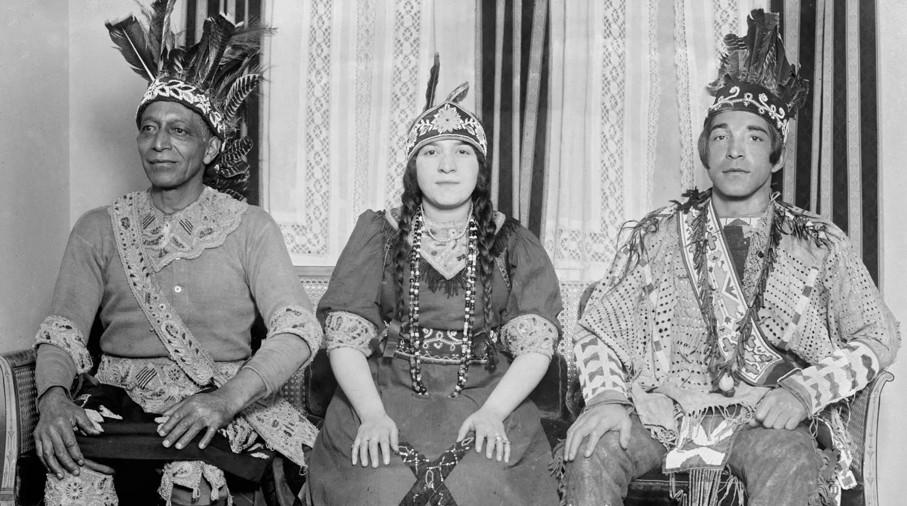
The kidnapping and subsequent assassination of Aldo Moro remain a deeply traumatic event in Italy’s recent past. In the spring of 1978, the Red Brigades, a well-known terrorist organization, abducted the experienced statesman and former Italian Prime Minister, throwing the country into turmoil and political instability. The ensuing crisis gripped the world and left a lasting scar on the Italian psyche.
Aldo Moro was a significant presence in Italian politics, celebrated for his intelligence, practicality, and dedication to democratic principles. As a founding member of the Christian Democracy party, he was instrumental in developing post-war Italy and maneuvering through its complicated political system. His time as Prime Minister was defined by his focus on finding common ground and reaching agreements, which garnered him widespread political respect.
Moro’s career took a tragic turn when it collided with the growth of domestic terrorism in 1970s Italy. During the “Years of Lead,” a time marked by political violence and social upheaval, the Red Brigades, a Marxist-Leninist militant organization, became one of Italy’s most notorious and merciless factions.
On March 16, 1978, Aldo Moro was ambushed by armed militants on his way to the Italian Parliament in Rome. His security escort was overwhelmed, and Moro was abducted in a daring daylight assault. The audacity of the attack sent ripples of horror throughout Italy and the world, prompting an unparalleled search and a desperate search for answers.
Immediately following Moro’s abduction, the Red Brigades released communiqués taking responsibility and outlining their demands: the release of imprisoned members and publication of their political manifesto in exchange for Moro’s freedom. Prime Minister Giulio Andreotti’s government was trapped in a brutal dilemma, struggling to balance national security concerns with the overwhelming moral obligation to save Moro’s life.
This agonizing standoff stretched for 55 days. Moro was held in a secret location, enduring interrogation and psychological abuse. Despite heartfelt pleas for his release from family, colleagues, and international figures, the Red Brigades remained resolute in their demands for political concessions.

As the days passed, the Italian government was increasingly paralyzed by internal conflict and a lack of decisive action. The crisis exposed the deep divisions within Italian society and the inherent weaknesses of its democratic structures. Public appeals for Moro’s release intensified, but the Red Brigades remained unyielding, seeing him as a mere pawn in their battle against the state.
The tragic climax came on May 9, 1978. Aldo Moro’s body was found in the trunk of a car in the heart of Rome, riddled with bullets. His cold-blooded execution sent shockwaves through Italy and the world, plunging the nation into grief and a period of profound introspection.
Aldo Moro’s assassination became a watershed moment in Italy’s struggle against terrorism, leaving a permanent wound on the nation’s collective consciousness. It revealed the fragility of Italy’s political system and the limitations of its ability to combat extremism. In response, the Italian government initiated a sweeping crackdown on militant groups, resulting in numerous arrests and convictions.
Aldo Moro’s legacy persists, a testament to his courage, integrity, and unwavering dedication to democratic ideals. His assassination remains a stark reminder of the devastating human cost of political violence and the critical need to defend the rule of law against oppression. Today, he is remembered as a beacon of hope and resilience, his memory inspiring future generations of Italians to face contemporary challenges with conviction and a steadfast belief in the power of democracy.





